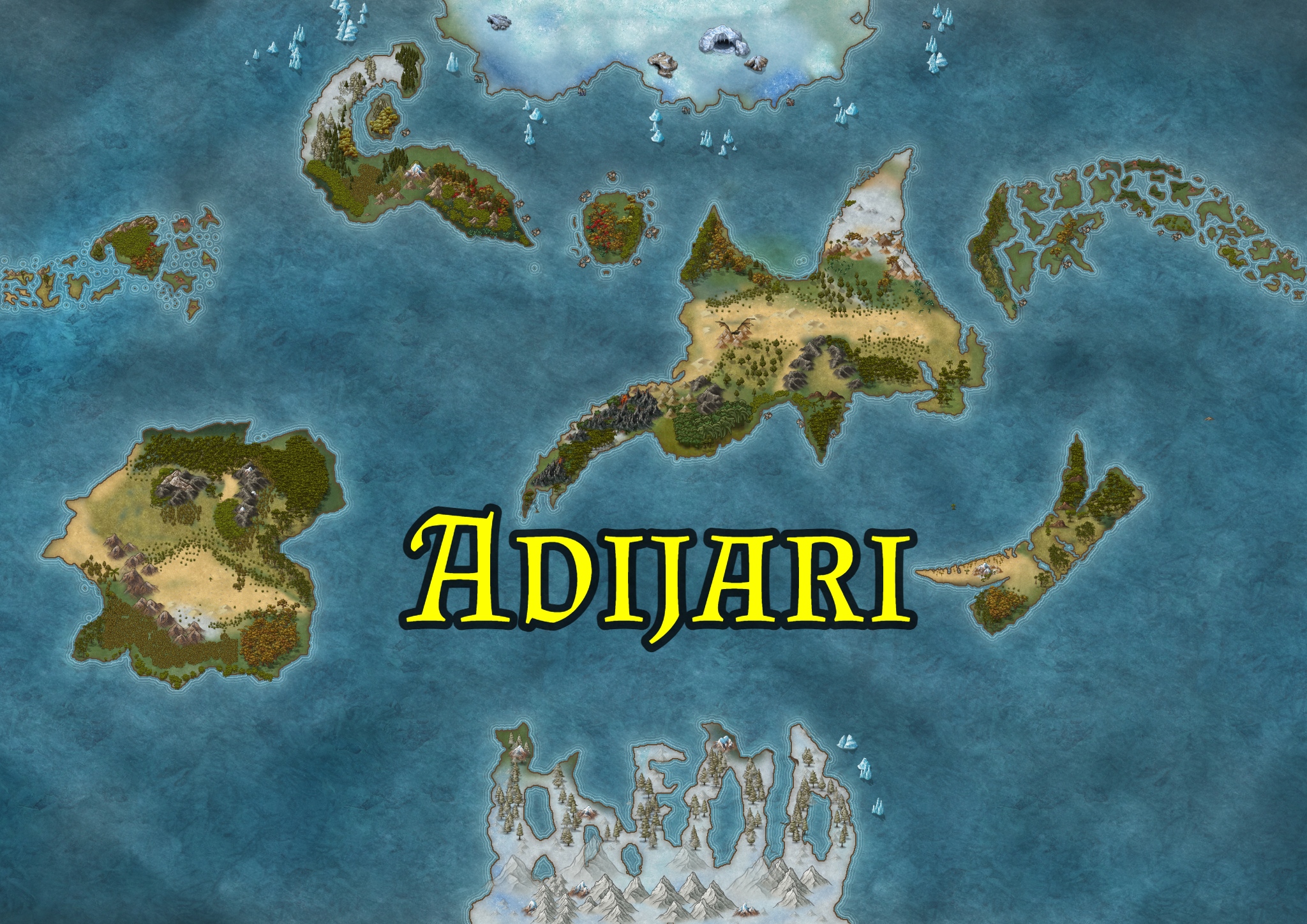The Nation of Seven Smiths
The seven makers used to be rivals who hailed from small neighboring amesha kingdoms. Each ruler boasted that their maker created the finest weapons. and would find ways to put the skills of each maker against each other through gladiatorial games, with fighters who would use the maker's creations. These started as harmless competitions. But the competitions turned into large spectator sports. The rulers kept trying to one up the other by demanding their makers create equipment that would outdo the others in the sport. Initially the makers made out very well from this. They were paid handsomely and the games helped their business.
But the rulers started to take their rotating losses too seriously, especially after they started betting matters of state and trade upon victories. They demanded more from their makers through threats, and worked to sabotage the makers of other rival kingdoms. Once assassination attempts became common place, the makers knew it was a matter of time before they were killed, either by other rulers or their own. They only wanted to work on their craft, but creating tools in the games had become their only purpose.
Because they were such heroes in the public eye, they were able to take advantage of their fame and work around being under the watchful eyes of their respective rulers. They figured out how to communicate with each other to see if they could figure a way out of their predicament. The makers grew to respect each other. They discovered how similar and different they were from one another, and amongst themselves and those loyal to them, they possessed a great array of skills.
Through making special tools for one another, meticulous planning, and a growing number of loyalists who were increasingly afraid of the road their rulers were taking them, the seven makers organized a coup.
Each of the seven are considered rulers of their nation, but all they want to do is continue to be makers. They converted one of the castles of the seven nations into a magnificent workshop which they would all share and work together at, and assigned regents with knowledge in statecraft to run the affairs of the respective kingdoms.
Type
Geopolitical, Country




Comments